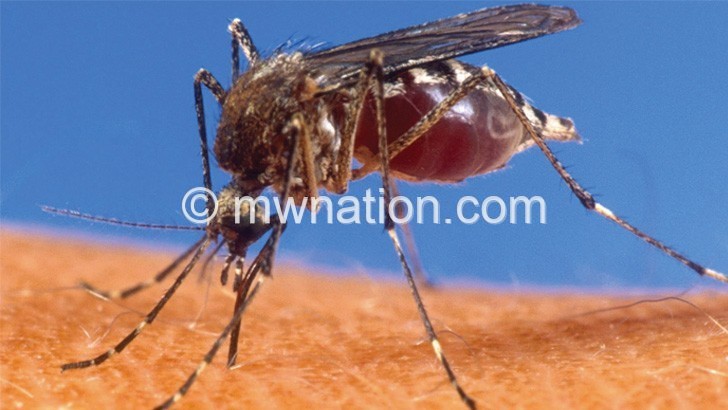Indoor spraying touted in malaria fight
National Malaria Control Programme manager Michael Kayange has touted Indoor Residual Spraying (IRS) as an effective way of malaria control if properly done.
The official said this on Saturday at the end of a seven-day trainer of trainers workshop in Mangochi for site managers, sprayer operator supervisors and cluster supervisors who were drilled in the whole process of IRS.
Kayange said workers should strive to give the best outcome because IRS was expensive.

He said: “As a country, we are losing 180 people per month due to malaria. This is a clear indication that this disease is harmful and it needs prompt action.
“IRS has proven to be effective as malaria cases in the three districts which have adopted the programme have been reduced. Just as an example, Mangochi started the programme last year and reports show that malaria cases have been reduced by 60 percent.”
Kayange appealed to all seasonal workers to work to the best of their abilities for a positive result.
“This programme is expensive. We are spending K2.2 billion in Balaka and this is donor money which needs to be accounted for by giving a better result so that donors are encouraged to fund the programme again in the years coming,” he said.
On his part, Balaka district commissioner McCloud Kadam’manja agreed with Kayange, saying workers should be exemplary when they go into the field.
He said: “Be on the look out for people who would want to frustrate the programme. These may be some of your colleagues who applied, but were dropped because they did not meet the requirements.”
One of the participants, John Mawaya, a cluster manager, described the training as unique and applauded the organisers for the exposure.
Balaka is joining three other districts of Mangochi, Nkhata Bay and Nkhotakota who are already on the IRS programme on a pilot basis.
Reports indicate that Balaka registered 2 368 under-five and 5 833 above age-five malaria cases monthly during off season and that the figures double during the rainy season.





